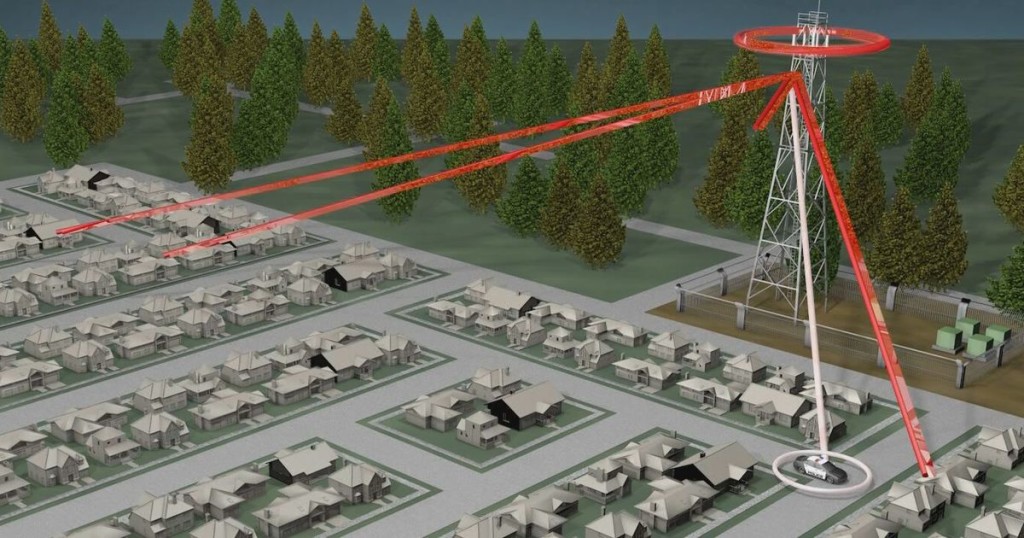Vancouver, British Columbia — Police surveillance is, one might argue, necessary. In an effort to detect and arrest criminals, the police require a certain array of tactics that can help them gather evidence that leads to prosecution of guilty parties.
Problems arise, however, when that surveillance and investigation transcend the direct, the specific, and focus not on the criminal, but the totality of a community.
For the Vancouver Police, the August 2016 revelation that they had used a StingRay (a “cell-site simulator”) is proving difficult to address, continuing the debate as to how far police powers and state surveillance should go.
Coming in the wake of a recent discovery of police abuses in Quebec — where provincial and municipal police forces had spied on reporters — the broader implications of August’s discovery are not being lost on the British Columbia Civil Liberties Association (BCCLA).
StingRay devices, the BCCLA point out, “intercept cell phones’ connections to communications towers in order to scoop up data from cellphones in a given geographical area,” meaning that all of the cell traffic in a given area is collected by police, no matter the criminality of the individual or warrant permission the police have obtained. It is exactly this massive, NSA-style “data scooping” that makes the use of such devices a civil rights issue.
Problematically for residents of Vancouver, there are few laws that regulate the use of such devices. With little legal oversight, the ability for police to collect data on a large group of people means that the introduction of technologies such as cell-site simulators offer the state the ability to collect data on citizens who have every right to their privacy.
Since the Snowden Revelations, discussions of the ethical implication of mass police surveillance and state power don’t seem to be going away. What the VPD example shows, however, is that this type of surveillance, this collection of large blocks of data, is no longer just in the hands of a federal or international agency, but has come into the community.
Placing this example into the national context, the diffusion of portable data collection from federal policing bodies into the local level adds to the growing concern that the State, and the police, are crossing lines.
Given the applicability for this technology to create situations where the police can claim accidental discovery(Thomas J. Gardner and Terry M. Anderson, Criminal Evidence: Principles and Cases, Belmont, CA: Wadsworth 2013, p.493), even without a warrant to breach freedom of the press laws, it is yet another example of the growing surveillance state. A growth that, once placed beside other ideas like the militarization of the police and a legal reduction of civil rights, can seem almost Orwellian in practice.













